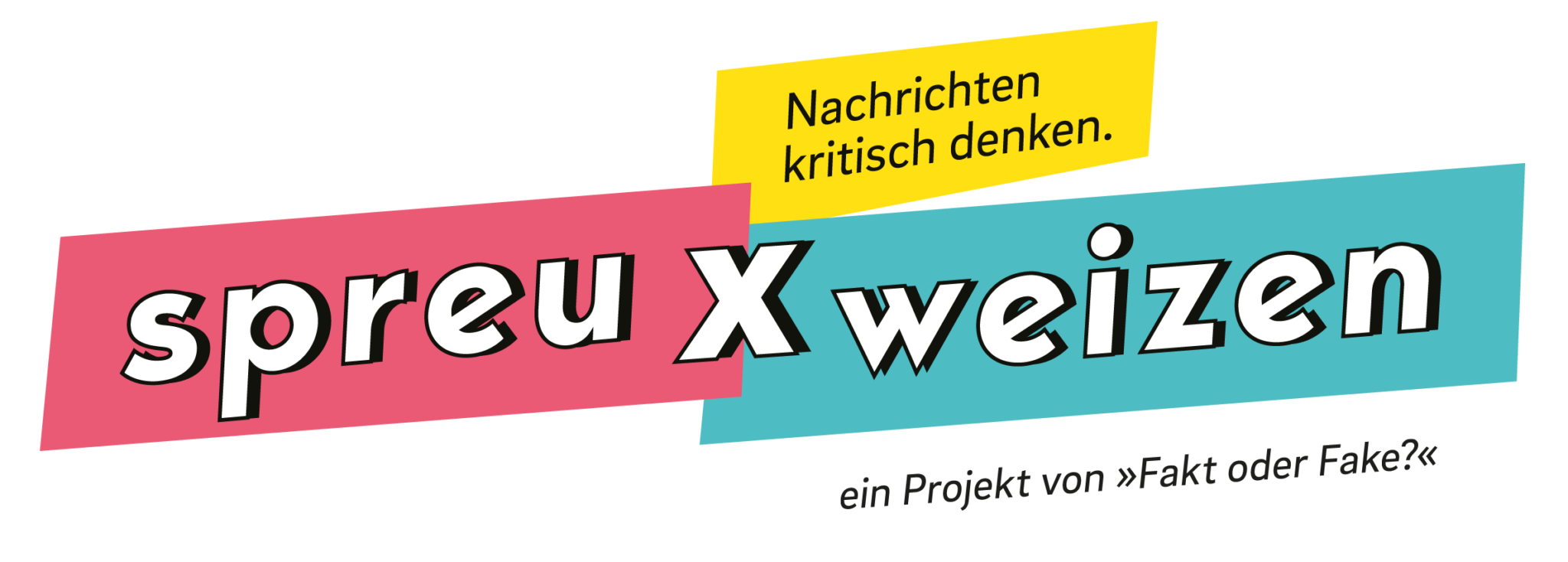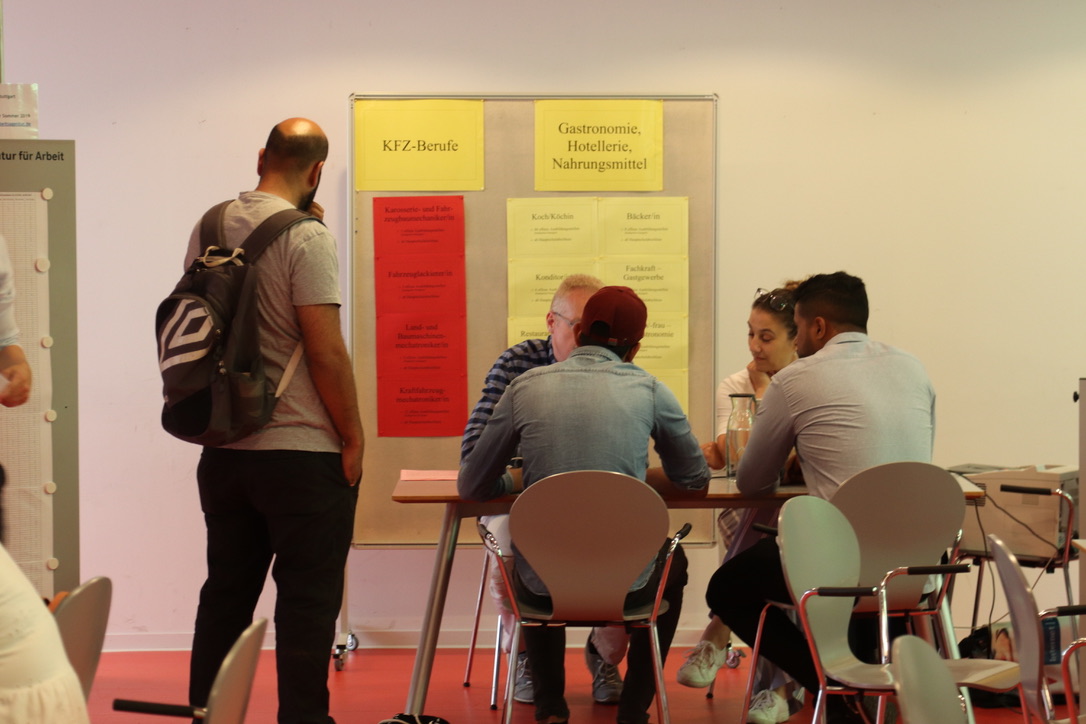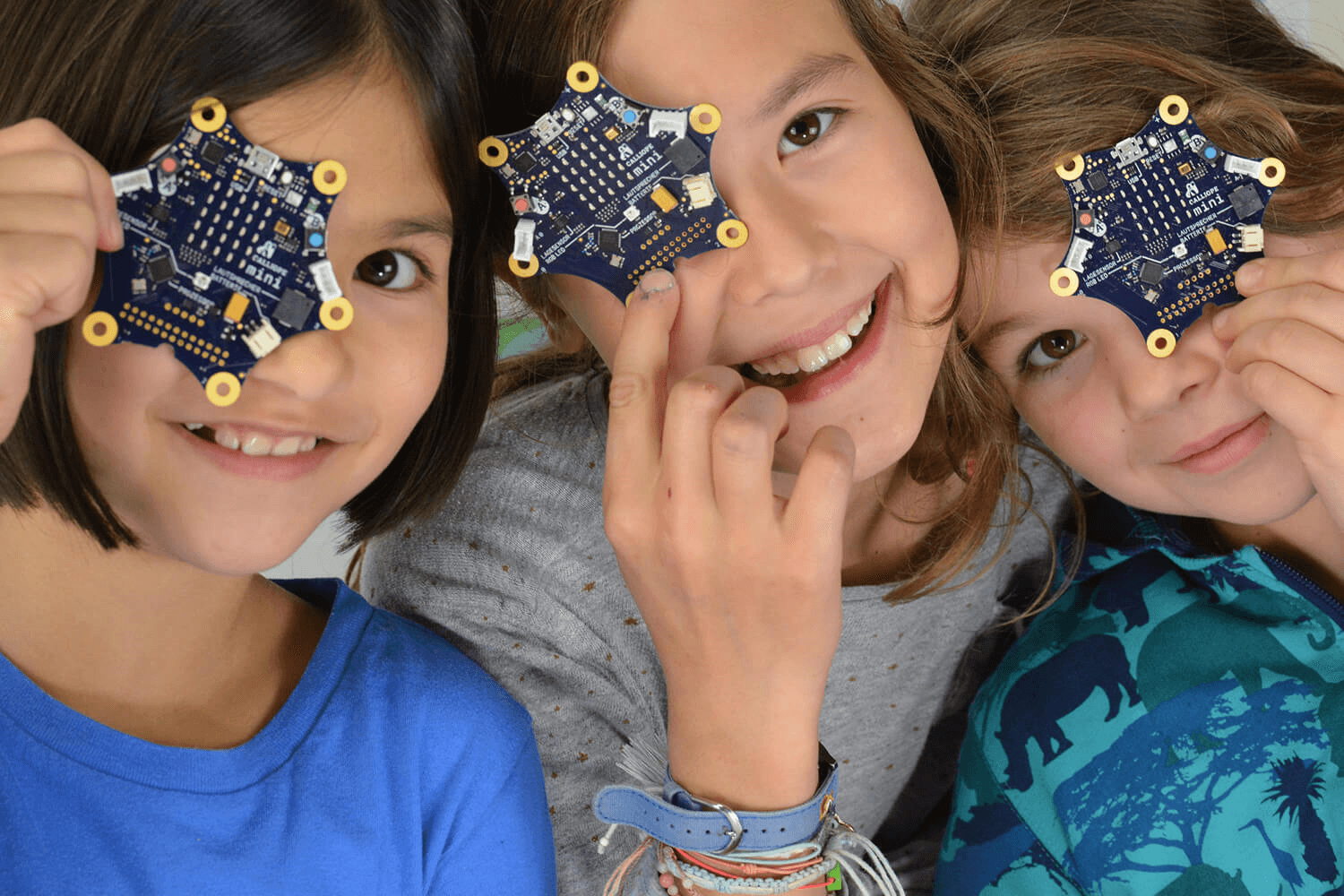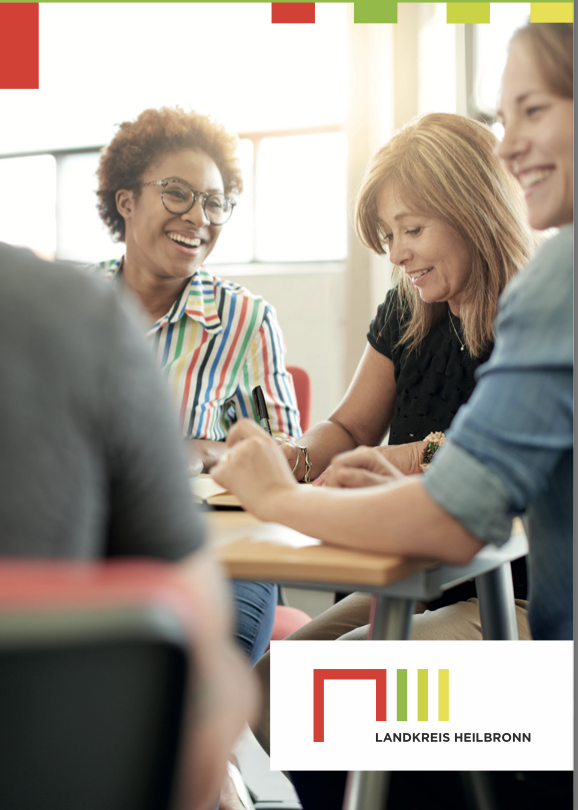
A group of political scientists and journalists from Saxony, Germany, address the problem of disinformation by opposing it with a positive view on qualitative journalism for a healthy democracy.
POSITIVE VIEWS ON QUALITY JOURNALISM
Studies find that young people, especially from rural areas, care less for journalist work because they feel that it does not correlate with their daily life and their lifeworld. It is not enough to show how disinformation and fake news works and is spread. It is important to build positive views on why real qualitative journalism is essential for a healthy democracy, to make youngsters hungry for the qualitative work of journalists and show them how they can find good sources of information, especially those written in simple language.
GAMES AND INTERACTIVE METHODS
With more than 100 workshops a year, this project does not take a problem-centric view on fake news and alternative facts, but rather encourages young people to question their information routes and show why real, qualitative journalism is essential to navigate in this modern ocean of information. Games and interactive methods - such as the "Fact or Fake" game which is freely available for mobile devices - show how trained editors work, what guiding values and ethic principles are and why they matter.
PEER-TO-PEER APPROACH
In addition, young journalists come into the classroom to discuss with young people how they work. For example, in a partnership with Reporter ohne Grenzen (Reporters without Borders), exiled journalists from Russia and Ukraine are brought into the classroom. The very heart of this project is a peer-to-peer approach. Young students who are just a little older than the target pupils are trained to give highly-standardised interactive workshops. Evaluation shows that their skills in detecting and identifying disinformation improve after these workshops.



